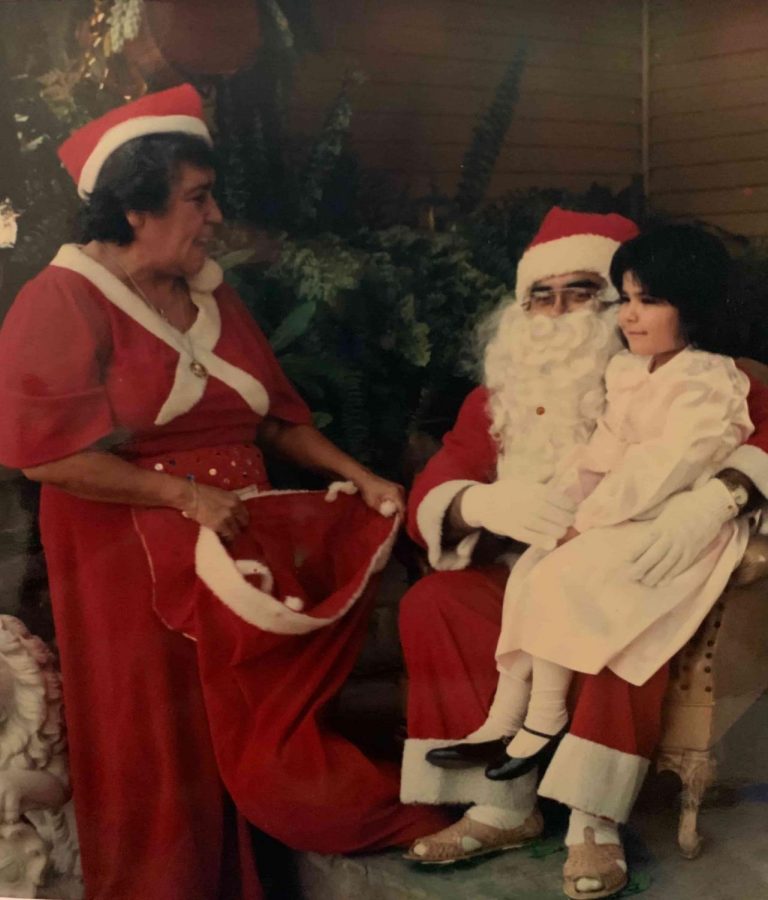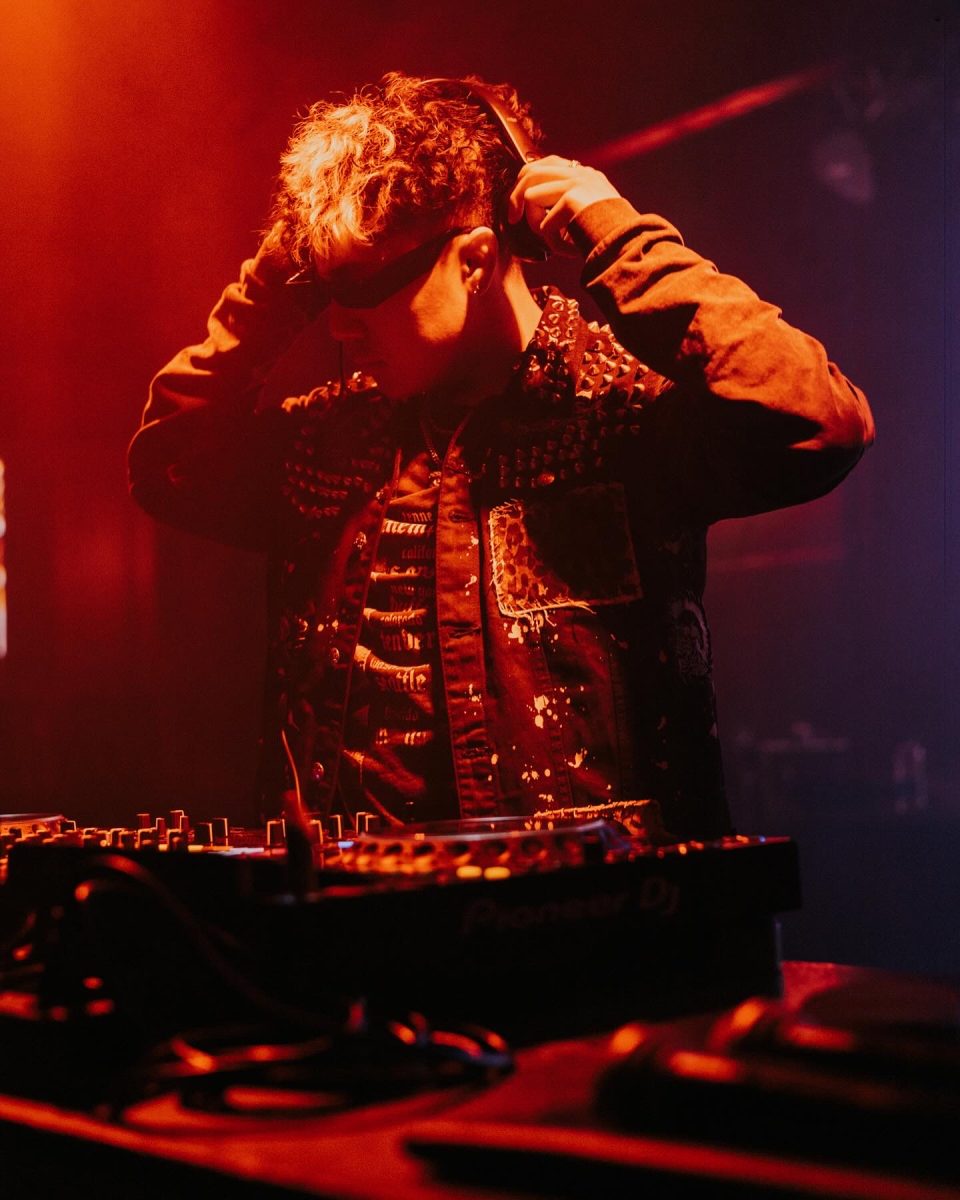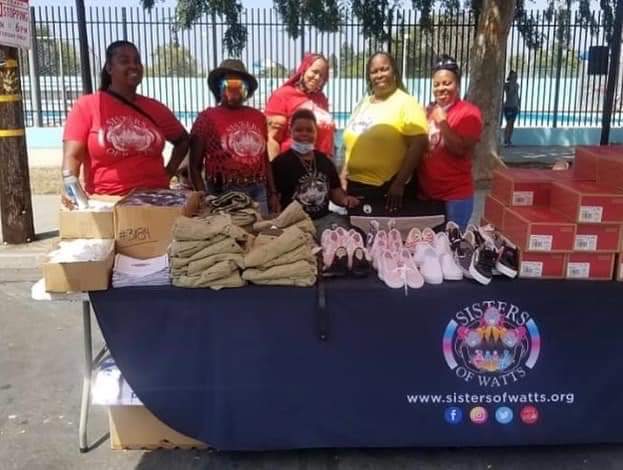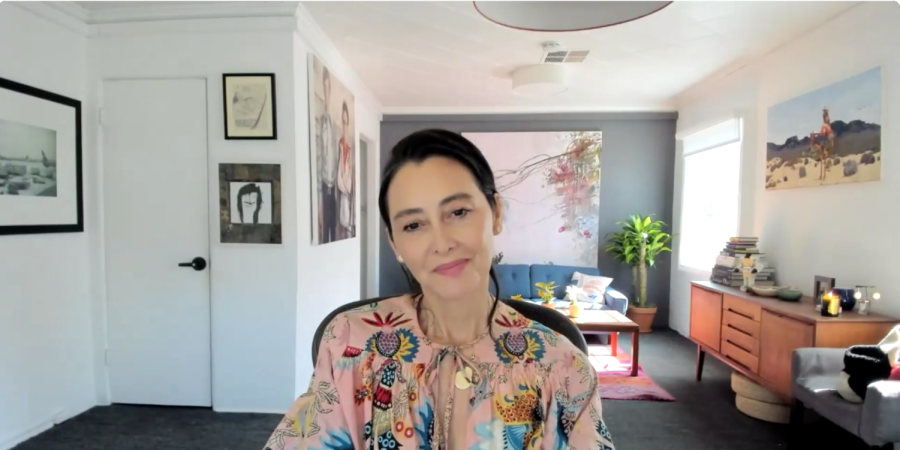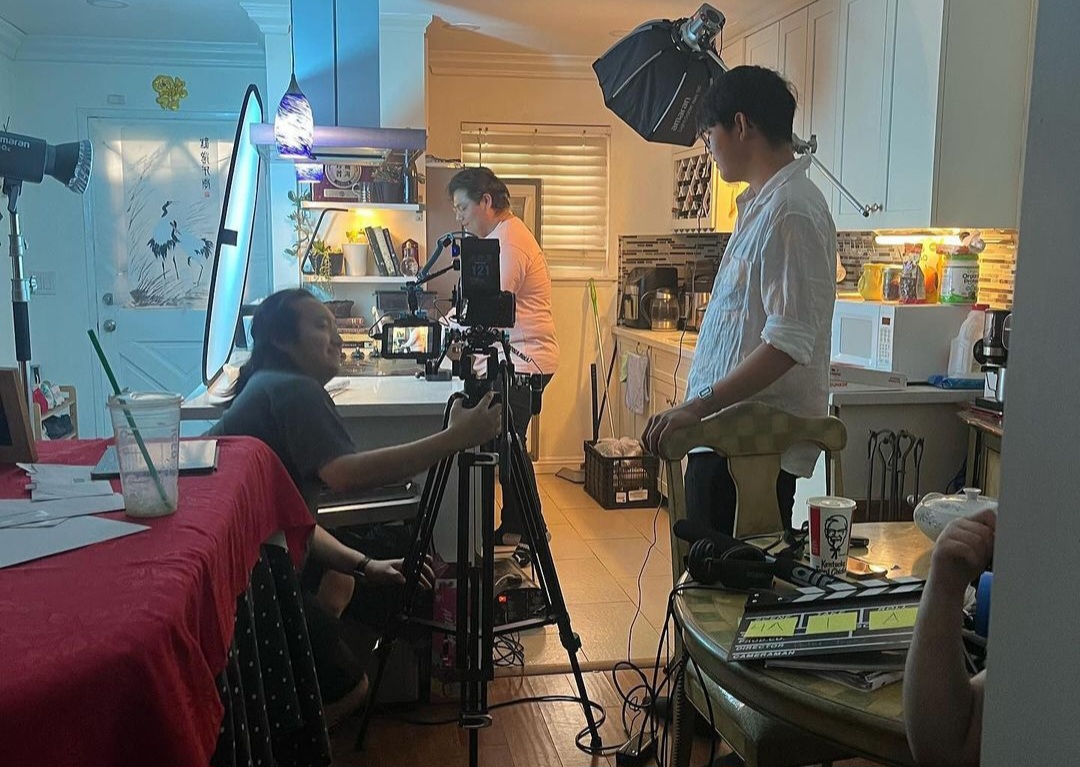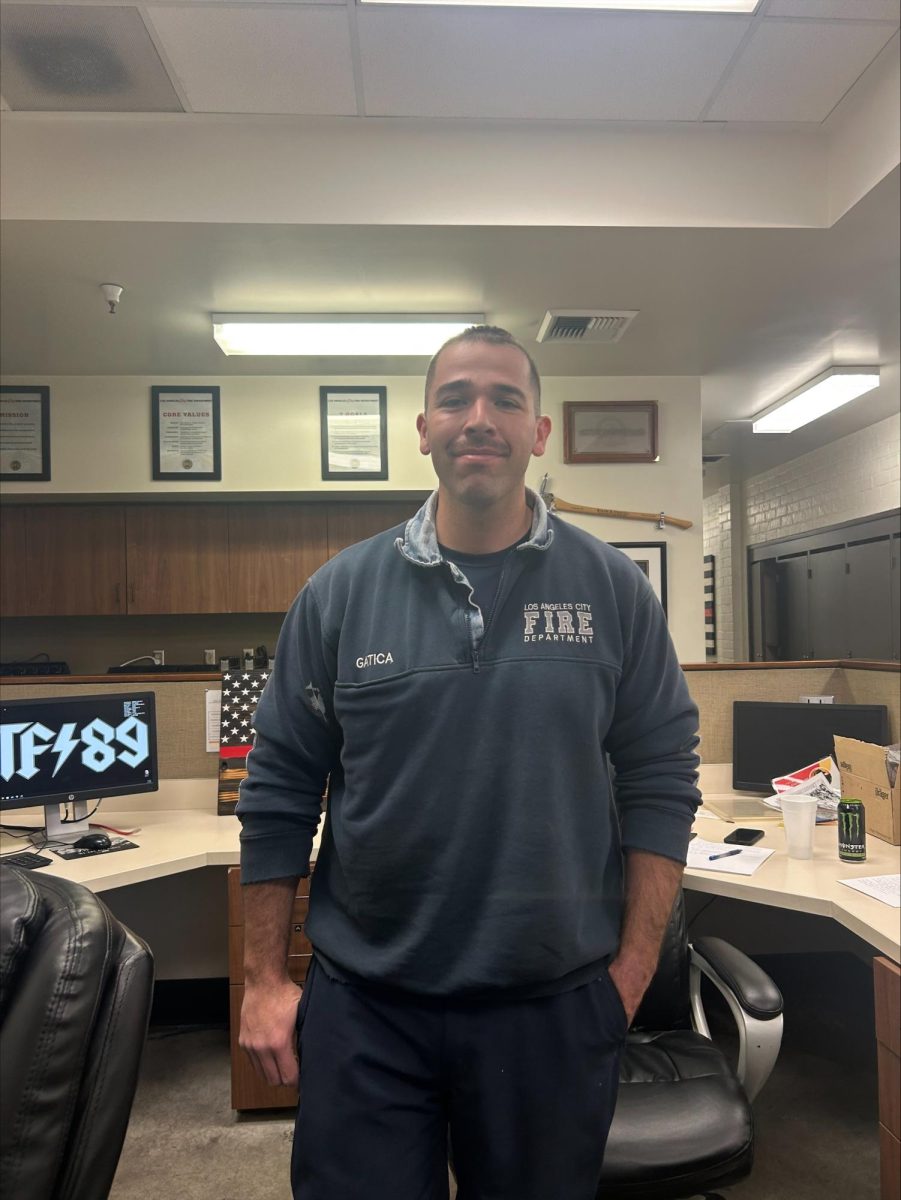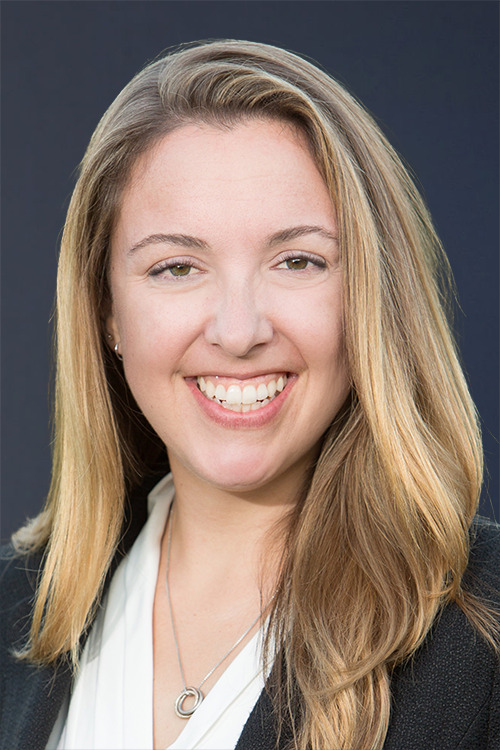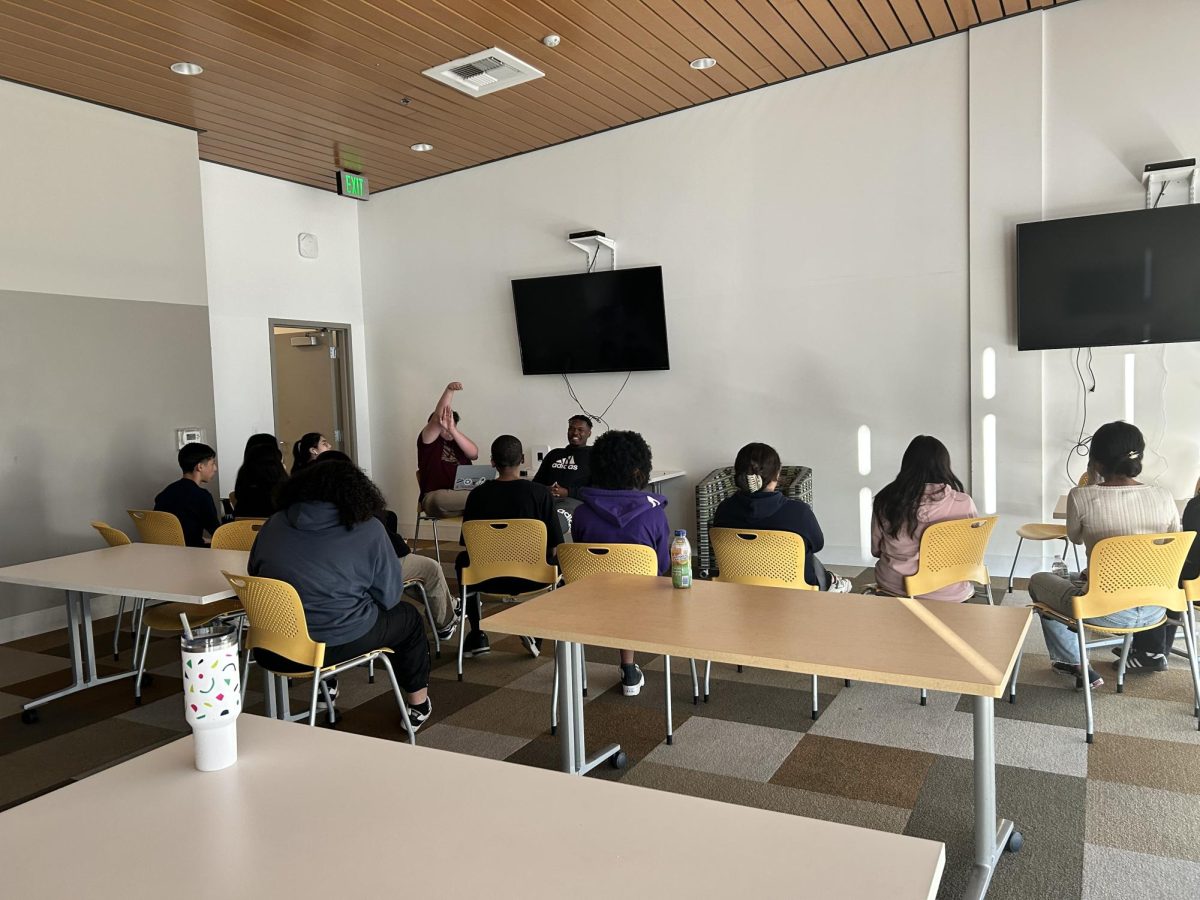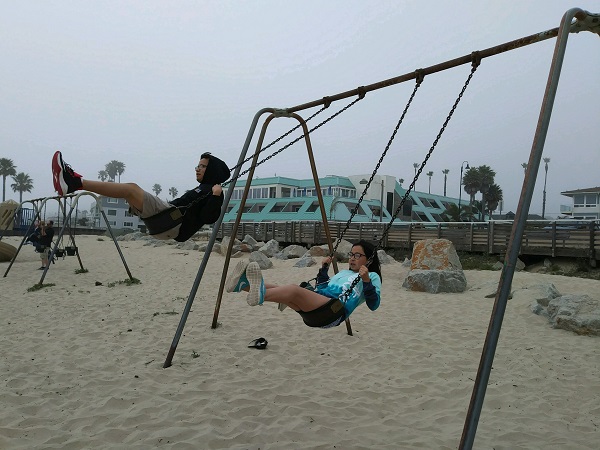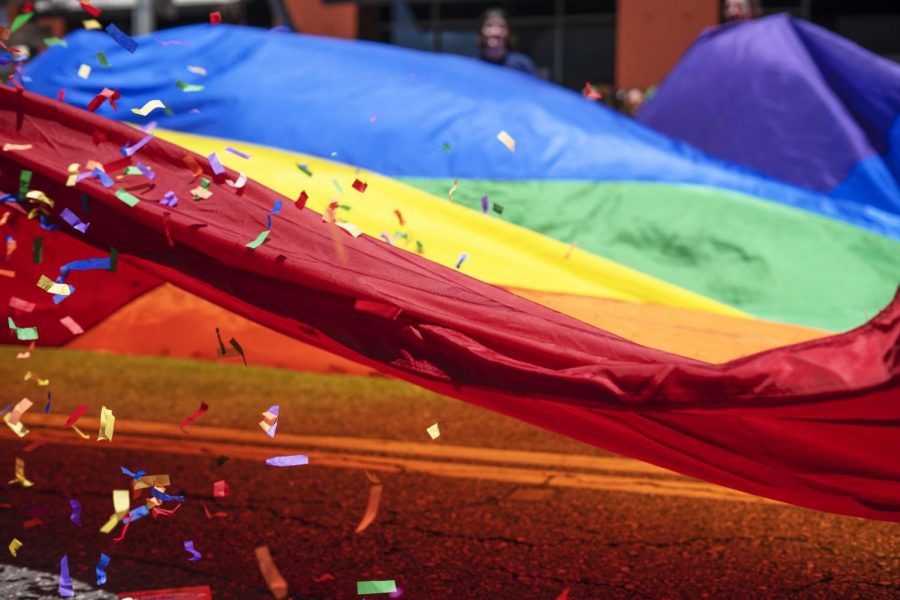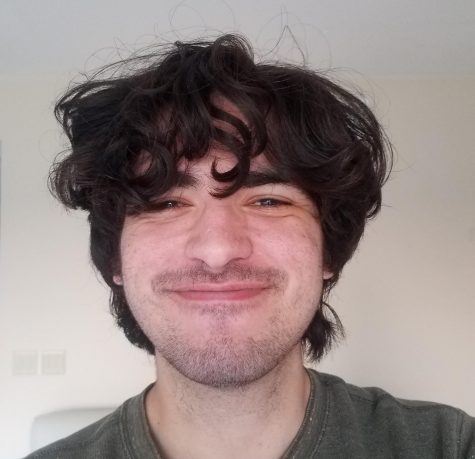Eastsiders knew Bobby Lee Verdugo as a civil rights activist.
His loved ones remember him as a great father, the family comedian and “Santa Claus.”
Verdugo died on May 1 at age 69, surrounded by his family.
Verdugo protested discrimination and high dropout rates of Latinx students as a student leader of the 1968 East L.A. high school walkouts. The walkouts inspired the 2006 film, “Walkout,” in which Verdugo was portrayed by actor Efren Ramirez. Verdugo, who graduated from Cal State LA with a degree in social work, started the Con Los Padres program to provide resources and guidance to teen fathers.
Verdugo had a busy personal life as well. In recent interviews, his wife and children described his sense of humor, caring disposition and love of camping, karaoke and golf.
Both of his daughters have birthdays in December and often during that time of year, Verdugo would dress up as Santa Claus. He was so convincing that all of their cousins were sure he was the real Santa Claus. His daughter, Monica Verdugo, said there was one weakness in his portrayal — his huarache sandals.
His daughter, Maricela Verdugo, recalled countless camping trips their family would take and her mother’s frustration with her father’s zealous preparations, including buying expensive camping equipment long in advance of a trip.
“It had to be a Coleman” camp stove, she said.
Maricela also remembers his 1974 red Volvo and his love of the Beatles, Beach Boys, Cream and the Animals. She even suspects he may have been trying to emulate the Beatles in his high school yearbook photo. After all, he did have a bowl cut and wore suspiciously Beatlesque attire.
Most of all, his daughters recalled his penchant for constantly joking. Whether it be with close family or total strangers, Verdugo was always ready to fire a joke out of the chamber.
However, it’s something serious that he was passionate about that put him on the map when it came to the civil rights movement of the 1960s.
“The walkouts really did mean a lot to him. They were a real turning point in his life,” said Monica Verdugo.
The fight for equality and challenging a system rife with inequities became a lifelong mission for Verdugo.
“He knew that work still needed to be done,” Monica said.
Verdugo and his wife, Yolanda Rios, would regularly visit and speak at Kentucky youth programs and at other forums.
They would promote the ideals of all people being created equal, the need for young people, especially Latinx youth, to be more involved and aware and to pursue education and careers in mathematics, science and law.
“In the last few years, we really emphasized how youth needed to be involved politically,” said Yolanda.
She added that to succeed in making lasting and meaningful change, young people must work in a collective movement.
“Call the class president at the next high school and see what issues they’re working on,” she said. For instance, she said a few students at Garfield High School once told her and her husband that student searches were arbitrarily carried out. The couple suggested the students demonstrate to bring attention to the issue.
Among Verdugo’s proudest accomplishments was his work in the program, Con Los Padres, which he co-founded in the 1990s.
Some of the teen fathers involved were affiliated with or were members of gangs, sometimes even rival gangs, but often, the program “changed their lives and perspectives,” said Yolanda.
“He was like a dad to them. It was nice that they thought of him like that,” said Monica.
His family said one of his most validating experiences while working on that program was seeing two teenage fathers seemingly playing cards, not listening or committed to the program, but as he approached them, he realized they were actually trading coupons.
Another issue of importance for Verdugo and his wife was the need for an education curriculum to address and celebrate indiginous and Latinx culture and history. Yolanda Rios argued that it’s important for the development of self-worth and identity for minorities in this state to know and appreciate their own ethnic history and heritage.
Of all the groups Verdugo belonged to, his family said one that cannot be underscored is his place as one of the “Verdugo Boys,” which consisted of him, his brothers Peter, Richard and Rudy, along with their half-sister, Margie.
Maricela said they were usually the loudest at events and their incessant joking around earned them a reputation early on: “They were known throughout Lincoln Heights” for that.
Community News reporters are enrolled in JOUR 3910 – University Times. They produce stories about under-covered neighborhoods and small cities on the Eastside and South Los Angeles. Please email feedback, corrections and story tips to [email protected].

